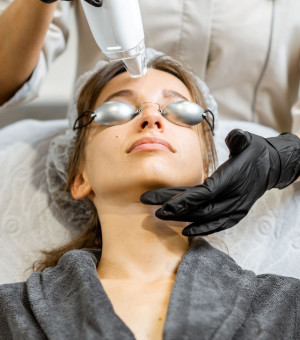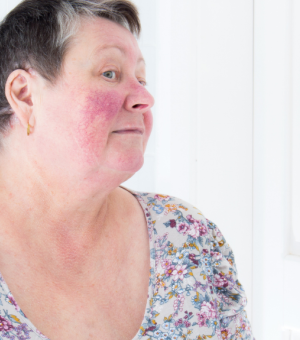Wednesday, September 25, 2024
Intense Pulsed Light (IPL) Treatment for Radiant Skin
Dr Marc-André Doré
IPL (Intense Pulsed Light) treatment is a non-invasive technique that uses pulsating light beams to address various skin conditions and enhance the skin's appearance. Unlike lasers, which use a single wavelength, pulsed light utilizes a broad spectrum of light, making it versatile for treating multiple skin issues. Let's discuss the different conditions that can be treated with IPL.





